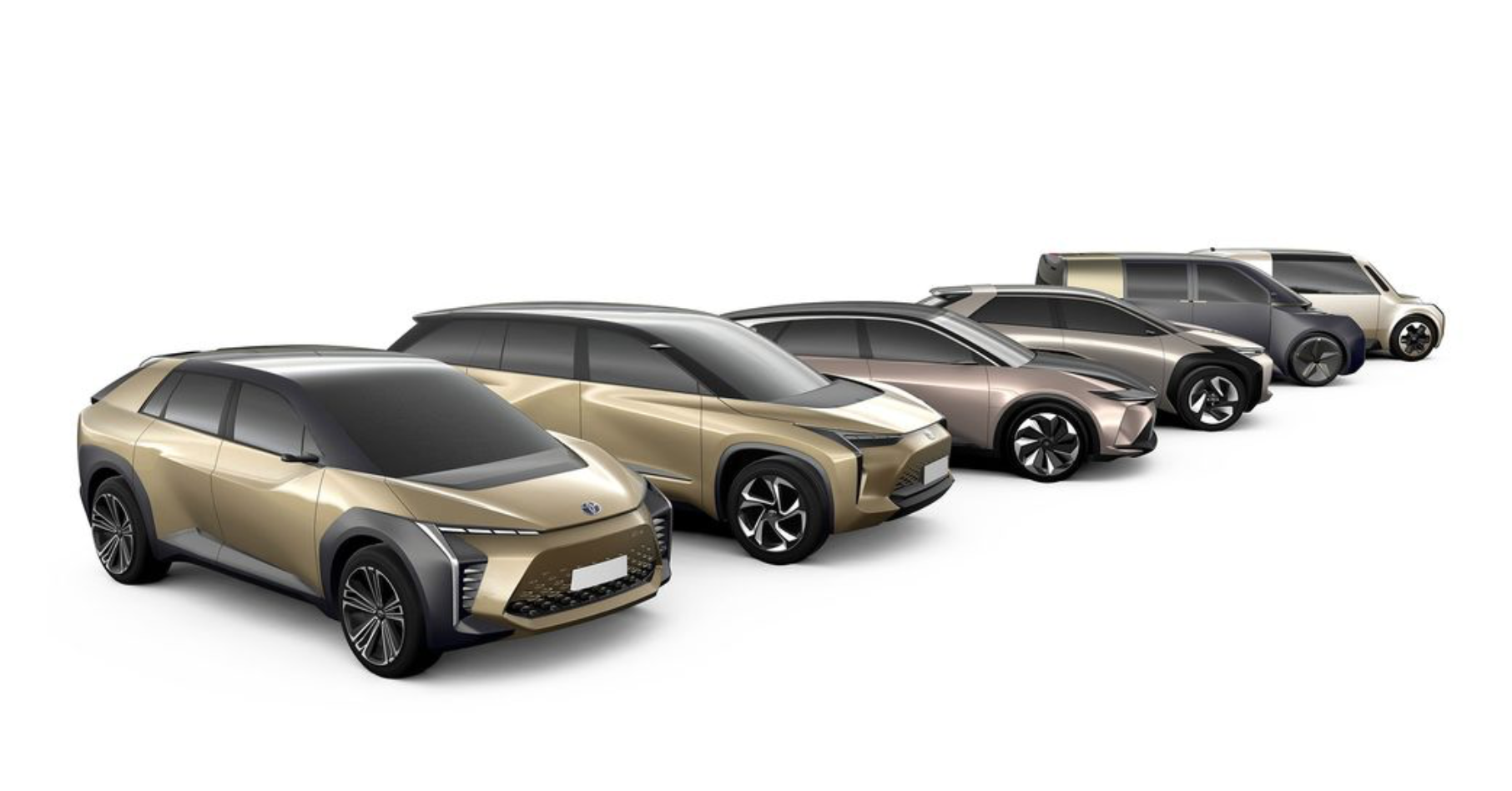
Toyota blows hot and cold on EVs (bis)

According to the leaving CEO of Toyota Motor Europe Johna van Zyl, Toyota is preparing at least ten electric vehicles before 2025 in Europe / Toyota
Toyota’s director of Energy & Environmental Research, Robert Wimmer, has pointed out before the American Senate "the tremendous challe


Comments
Ready to join the conversation?
You must be an active subscriber to leave a comment.
Subscribe Today